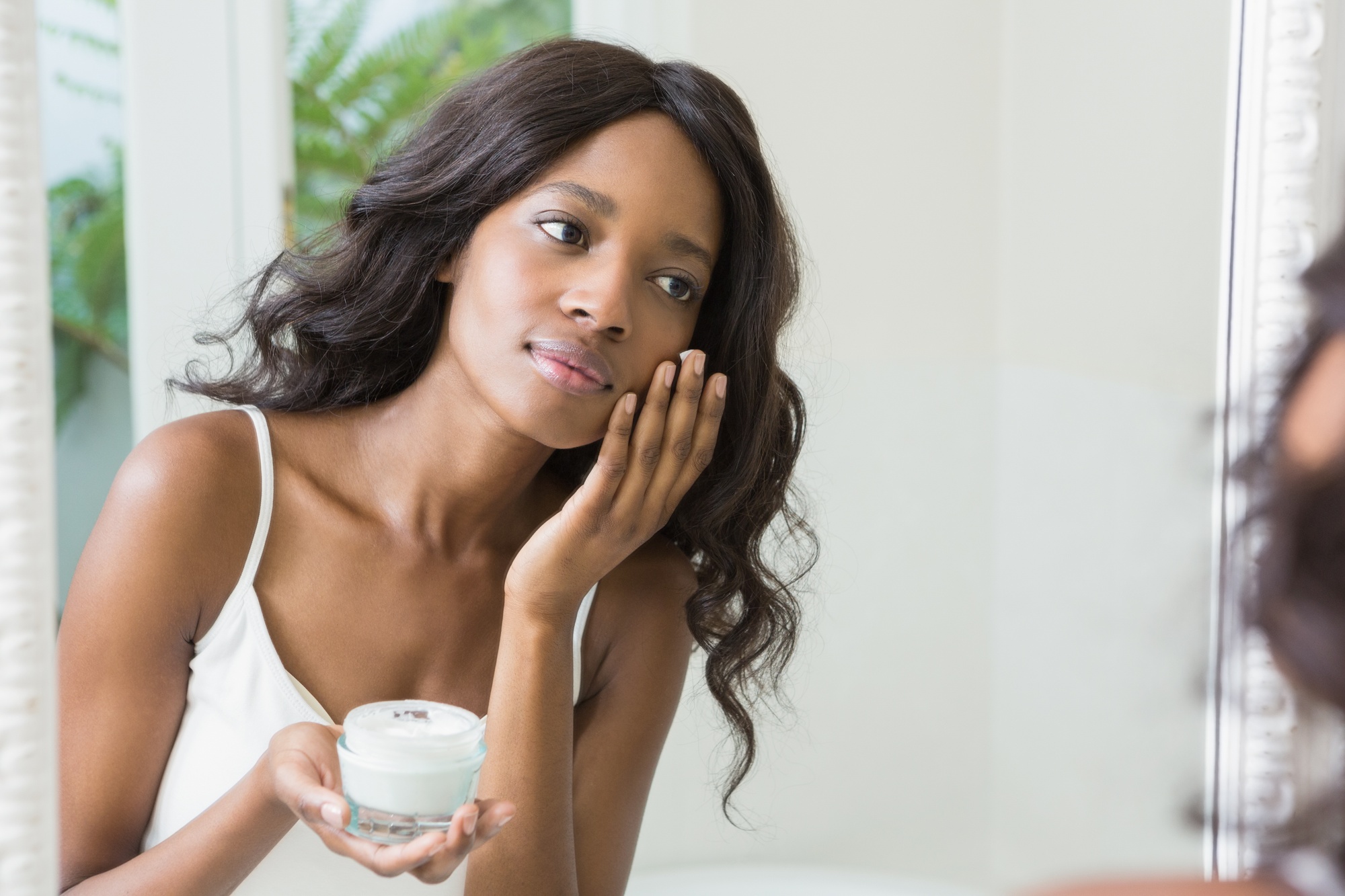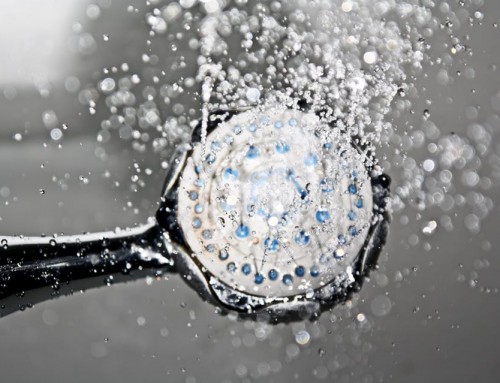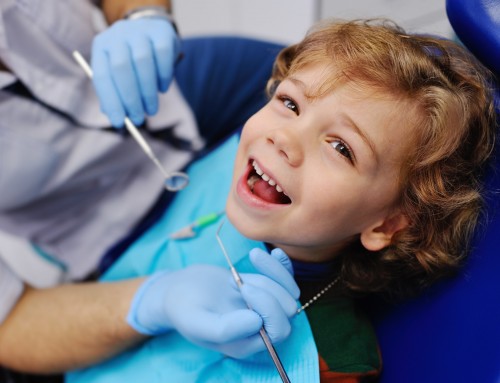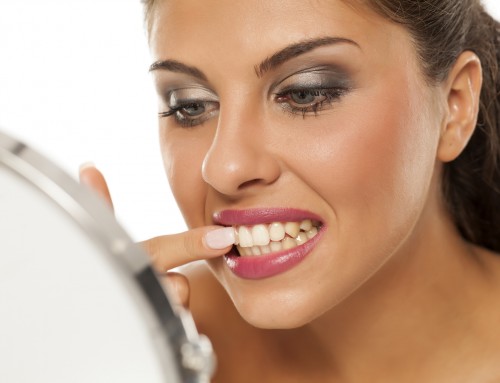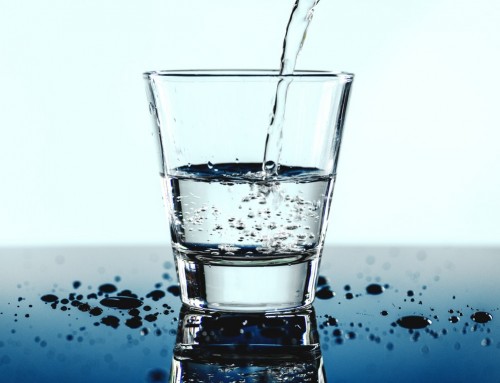There is a growing trend of using metals in trace amounts in skincare products such as gold, silver, and copper.
Your first reaction may be “is that safe?”
It’s not only safe to use these — they’re beneficial.
Take copper peptides, for example. Copper is one of the essential trace minerals our bodies need for various purposes, including skin health and the metabolism of iron.
Keep reading to find out what copper peptides are and how they can help rejuvenate your skin.
What Are Copper Peptides?
A copper peptide is the combination of the metal copper and three amino acids, known as a tripeptide. It’s often abbreviated as GHK-Cu.
Copper is found in trace amounts throughout our body in our blood plasma, saliva, and urine. It’s critical for all human tissues, including the skin.
It increases collagen, elastin, and glycosaminoglycans. We’ll dive into what these things are, but essentially, they’re the properties needed for healthy skin.
Companies that create skincare products combine proteins with copper to use in lotions, creams, and serums.
Often, these products are aimed towards anti-aging, as our bodies produce less collagen, elastin, and glycosaminoglycans as we age. This is why our skin changes as we get older.
However, copper peptides may help for overall skin health.
What Are the Benefits of Copper Peptides?
Copper peptides are shown to increase the moisture, firmness, and smoothness of the skin. The result? A reduction of fine lines and wrinkles.
It’s considered a retexturizer as it removes damaged skin cells and scar tissue.
It also promotes new cell growth in hair, skin, and nails while having anti-inflammatory effects.
How does it do this? We’ll break down each component in a simple way.
It Promotes Connective Tissue
Fibroblasts, a cell in connective tissue, is what’s responsible for the infamous proteins collagen and elastin.
Collagen is the protein that’s responsible for the structure and strength of your skin, while elastin is responsible for its elasticity and durability.
So, copper peptides increase the number of fibroblasts which then allows more secretion of these proteins, resulting in improved skin.
Additionally, copper peptides promote the production of glycosaminoglycans, which also positively affects our collagen and elastin.
It Supports Antioxidants
Antioxidants are substances that reduce the number of free radicals in our bodies.
Free radicals, in laymen’s terms, are unstable atoms that damage cells. When we have too many free radicals in our system, it causes oxidative stress.
Free radicals come from natural processes in our bodies and are amplified through our diets and harmful things in the environment.
Antioxidants limit this damage to our cells. That’s why it’s a healthy practice to eat foods that are high in antioxidants.
It’s also a healthy practice to use antioxidants on your skin, such as copper peptides. Copper peptides specifically help the antioxidant enzyme superoxide dismutase.
In addition to supporting antioxidants, copper peptides inhibit lipid peroxidation. Lipid peroxidation is the process of free radicals damaging cells by taking from lipids, or fats, in our bodies.
Copper peptides keep this from happening in the first place while also offering antioxidants to limit the damage of the free radicals present.
This double-punch results in general health and better skin.
How Do You Use Copper Peptides?
Now that we’ve gone through a little bit of scientific jargon, it’s easy to see that copper peptides promote healthy skin.
How do you reap these benefits?
You’ll want to find quality products that use copper peptides. Copper can be harmful when used or consumed in more than trace amounts, so there’s usually less than 1% present in skincare products.
These can be lotions, creams, serums, and even shampoos.
You may want to use products with copper peptides for:
- Acne and injury scars
- Anti-aging
- Dry skin
- General skin health
- Hair loss
- Hyperpigmentation (i.e. dark spots caused by an excess of melanin, the pigment that gives our skin and hair color)
- Wrinkles
Luckily, there’s a wide range of price points to make it accessible for everyone.
Are There Any Precautions When Using Copper Peptides?
In general, an excess amount of copper on and in our bodies is extremely toxic. It can lead to gastrointestinal issues, amongst other things.
That’s why skincare companies usually use less than 1% of the stuff.
To prevent any negative effects, you should follow the instructions offered by the product manufacturer. If there aren’t any included, look on their website or reach out to them to ease your mind.
In general, you should be safe, considering there are only trace amounts of copper in the entire product.
Keep products with copper peptides out of your mouth and eyes, just in case, and away from small children.
Additionally, there’s mixed feedback from professionals about using copper peptides while using products with retinol. Some say it’s beneficial and others say it should be entirely avoided.
Retinol and copper peptides essentially do the same thing by boosting collagen and elastin, so there’s no need to overdo it by using both.
The benefit of going with copper peptides instead is that they tend to be less harsh for sensitive skin. Still, as with any cosmetic, you could experience a reaction such as a rash.
It’s always smart to test new products on a small part of your skin, such as your wrist, before using it on your whole face. That way, if you do have a reaction, it’s not on a large area of your body.
Utilize the Power of Copper
Now that you know the relationship between copper peptides and skin, you can decide if you want to try it for yourself.
You may be happily surprised by the results you see.
Keep reading our blog for more ways to improve your skin, body, and all-around wellbeing.

